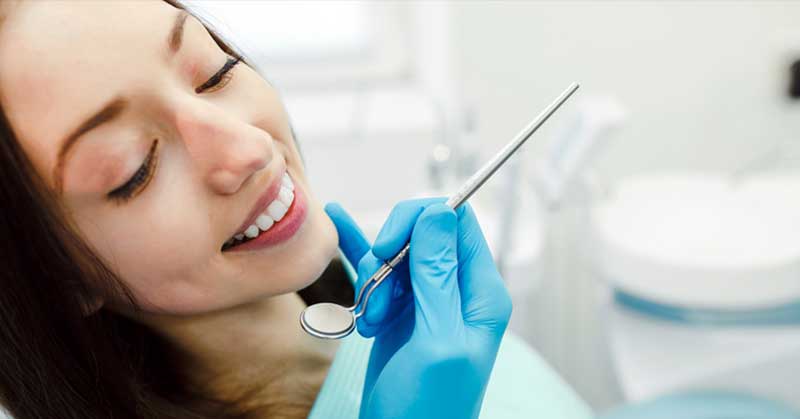Most of us know the importance of visiting our dentist on a regular basis for oral exams and professional teeth cleaning. But some dental patients require more than those routine visits to maintain good oral health. Part of the standard oral exam performed by your dentist and/or dental hygienist is to measure areas where the gum tissue has pulled away from your teeth. These are called “periodontal pockets” or “gum pockets,” and if they measure 4 millimeters deep or more, it is usually an indication of gum disease.
It’s a true but unfortunate fact: gum disease is an all-too-common problem for people of all ages across the US. Patients with early signs of this condition can benefit greatly from periodontal cleaning, which is also referred to as “deep cleaning.” The procedure begins with your dentist or dental hygienist numbing the affected gum tissue. After that, he or she will work to remove calculus that has accumulated under the gum line. The last part of the procedure involves the dental professional reshaping the root of the tooth (also referred to as “planing”) to eliminate areas where bacteria can collect, thereby preventing calculus from forming there in the future. After the procedure, your gums will be sore for a certain amount of time, and your dentist will most likely prescribe antibiotics and possibly an over-the-counter pain medication to reduce discomfort.
Some people are more prone to developing gum disease than others. People with diabetes and women who are pregnant, for example, are more likely to develop periodontal issues. Now for the good news: most people can avoid needing periodontal cleaning altogether by simply following a daily oral hygiene routine. This requires brushing at least twice a day and flossing at least once a day. But if you are concerned about the health of your gums, you can amp up your oral hygiene routine by flossing twice a day – right after you brush – and using a water flosser at least once daily. Using an anti-microbial mouthwash once or twice each day can also help your gum health.
Periodontal cleaning may not sound like a procedure you want to go through, but it’s an important treatment for people who have gum disease. Left untreated, periodontal disease can lead to tooth loss and even deterioration of the jawbone. If you believe you might be experiencing the early stages of gum disease, visit your dentist right away. The earlier this condition is detected, the easier it is to treat.

